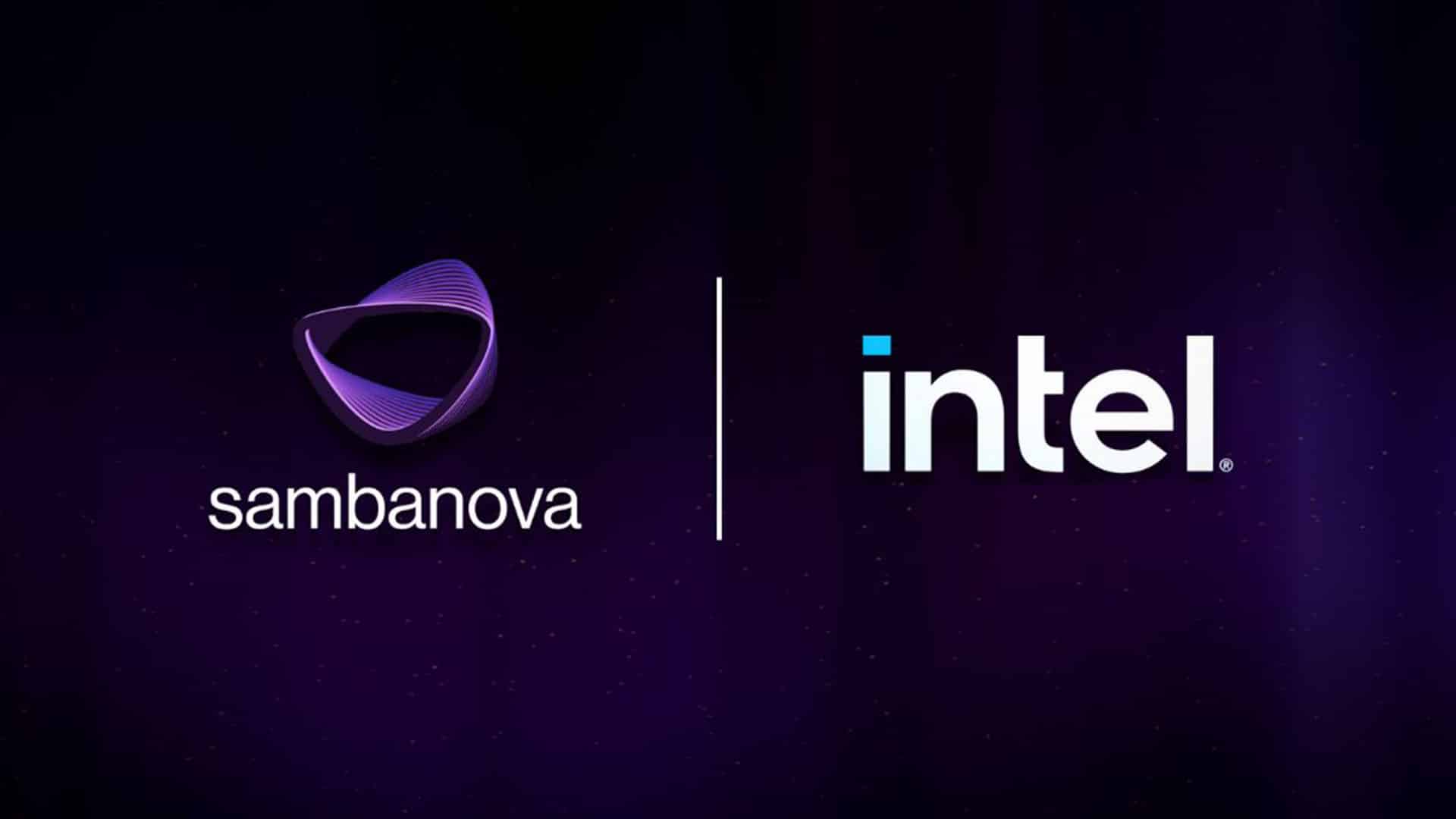Contact Center-as-a-service (CCaaS) vendor Five9 announced the renaming of its core platform to the Five9 Intelligent CX Platform (ICXP), from Virtual Cloud Contact Center (VCC) or Five9 Intelligent Cloud Contact Center (ICC). According to the company, the repositioning is designed to reflect and highlight the role of Five9 as a platform, and how it is able to integrate, partner, and add value to the other parts of the CX ecosystem.
Five9 initially introduced the ICXP messaging at Enterprise Connect, which focuses on what it calls “the power of people and technology,” and the company’s commitment to help its customers deliver on their CX promises. While Five9 is still refining the final language of its mission and repositioning, the company highlighted several new customer stories which detail how the ICXP platform can be deployed to meet myriad requirements and industries.
Five9 highlighted how a banking customer has leveraged its products to maintain a small community feel despite transitioning to a much larger organization. Within the healthcare space, a Five9 customer undertook a migration to a cloud-based contact center during the COVID-19 pandemic to provide more flexibility. In the payments space, a card-reader vendor and payment processor operating in more than 30 countries looked to Five9 to provide multiple-language support through its IVR and IVA systems.
Five9 announced its work with Central Bank, which previously was a holding company for 13 community bank charters. When the organization combined under a single charter and name, the Central Bank became a much larger entity, but did not want to lose the community feel and deep customer connections of the predecessor organizations. Central Bank worked with Five9 to implement a natural language processing (NLP) and AI-enabled interactive voice response (IVR) system to ensure customers can reach individual bank employees by name through their IVA.
The customer service center has adapted the Five9 IVA to route by extension to 3,500 employees, and can also sort by branches and by departments. “We have a lot of NLP logic that not many other financial services organizations may use, but it serves our goal of retaining the heart of our banks within our communities,” says Jeff DeBourge, head of NLP and AI at Central Bank’s customer service center. “Five9 has enabled us to customize the way we use our IVA in order to meet this goal.”
Most important to Central Bank is the ability to maintain its strong relationships between local customers and their hometown bank employees. “We do not want to lose our community bank feel,” DeBourge adds, “We always want customers to be able to reach a live agent if they choose.”
Meanwhile, Five9 also highlighted its work with a healthcare partner, which needed to move its extensive support services from on-premises CX to the cloud, while also expanding its operations internationally with Five9. Due largely to the COVID-19 pandemic, the company decided it needed to implement a cloud-based contact center. The healthcare partner reports that its agents are more productive and much happier since moving to the cloud, and the company can recruit and hire from any location.
Since moving to the cloud, the healthcare partner has achieved both cost savings and operational improvements. No longer incurring physical server costs, it was able to expand its agent count from 400 to 900. Via the combination of Five9 Quality Management to monitor inbound calls and Five9 Auto Dialer to streamline outbound calls, the mostly phone-based organization is exceeding all SLA targets.
A key concern for many multinational organizations is trying to find a contact center partner that can support voice and IVA solutions in multiple languages, while also enhancing automation and self-service options. SumUP, a provider of card readers and payment processing solution, operates contact centers in more than 30 countries in the European Union, South America, and the United States. SumUp employs 2,000 agents, who field over 280,000 calls a month, delivering support in local languages.
To serve its more than 4 million businesses around the world, SumUp turned to Five9 Intelligent Virtual Agent (IVA) and Five9 Workflow Automation (WFA) to achieve their goals and increase self-service by 10% in the first year.
“We selected Five9 because we were impressed with their ability to offer voice in different locations,” explains Bruno De Melo Fransoni, Global Contact Center Chapter Leader, SumUp. “We contacted Babble, a Five9 partner in Germany, to help us in EMEA and they recommended we talk to Five9 partner Nuveto in Brazil, as we planned to implement there first.”
Aside from voice options in multiple languages, SumUp also wanted to improve their IVR and implement an IVA, with stated goals of reducing agent call volume, improving self-service, and providing first contact resolution for their customers. SumUp also wanted to automate workflows and dashboards in the contact center for more streamlined efficiency and reporting.
“Before Five9, we struggled to create our IVR because of all the different products we have and the languages. We added the Five9 IVA and saw the number of merchants who opted to speak to a human agent drop by 50%,” says De Melo Fransoni. “This is a huge decrease for us and shows us that our IVA is truly serving customers.” SumUp reports that it has experienced a 10% improvement in self-service containment in the first year.
Author Information
Keith Kirkpatrick is VP & Research Director, Enterprise Software & Digital Workflows for The Futurum Group. Keith has over 25 years of experience in research, marketing, and consulting-based fields.
He has authored in-depth reports and market forecast studies covering artificial intelligence, biometrics, data analytics, robotics, high performance computing, and quantum computing, with a specific focus on the use of these technologies within large enterprise organizations and SMBs. He has also established strong working relationships with the international technology vendor community and is a frequent speaker at industry conferences and events.
In his career as a financial and technology journalist he has written for national and trade publications, including BusinessWeek, CNBC.com, Investment Dealers’ Digest, The Red Herring, The Communications of the ACM, and Mobile Computing & Communications, among others.
He is a member of the Association of Independent Information Professionals (AIIP).
Keith holds dual Bachelor of Arts degrees in Magazine Journalism and Sociology from Syracuse University.








